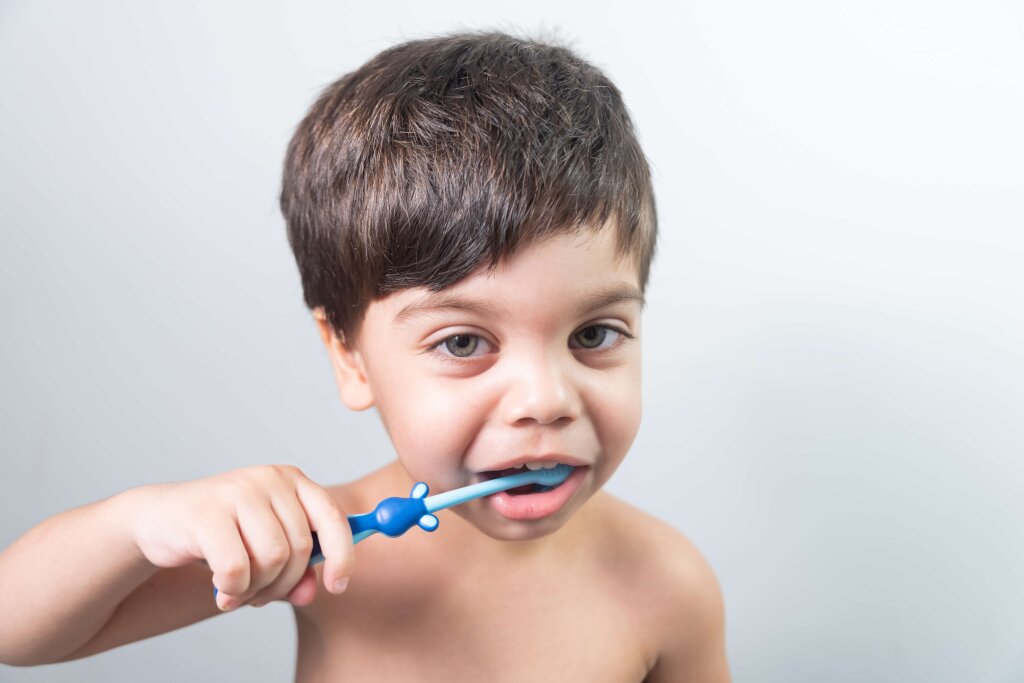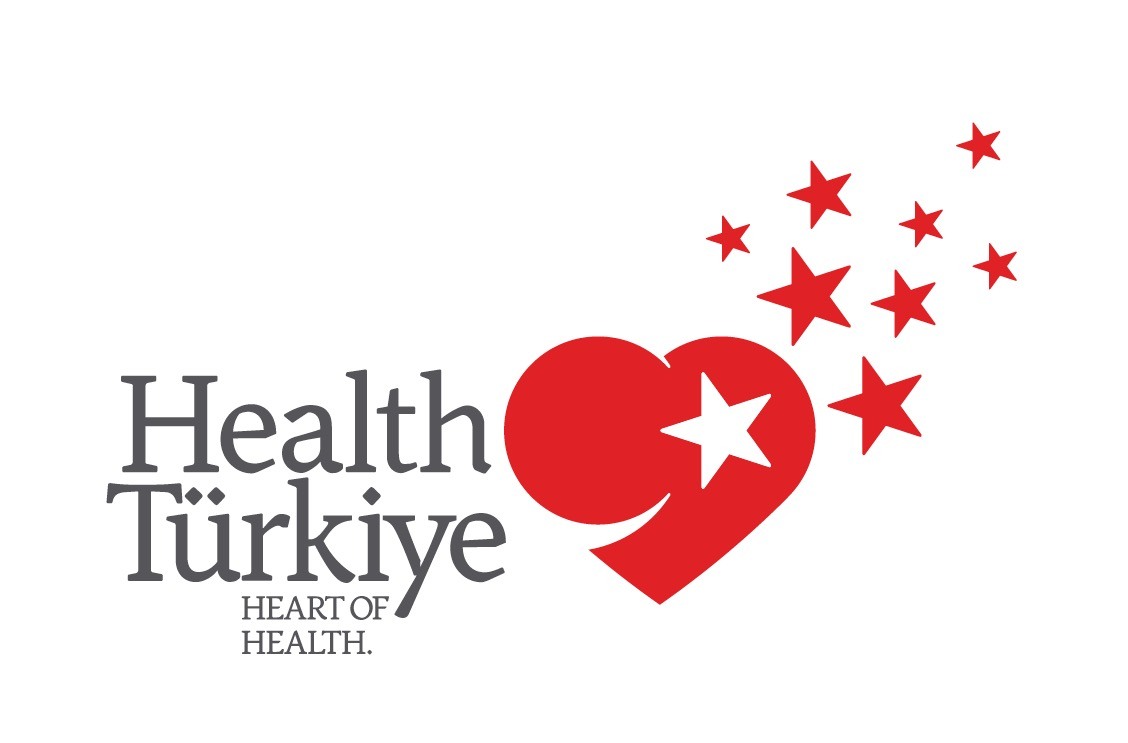The teething process in babies marks the beginning of an exciting period for both babies and parents. However, this process can sometimes be challenging and come with various symptoms. Baby teething generally begins in the first few months and progresses as the baby grows. So, when does the first tooth appear, and what should parents expect during this period?
When Does the First Tooth Appear?
Typically, a baby’s first tooth starts to come in around the 6th month. However, for some babies, this process can start as early as the 4th month, while for others, it may be delayed until the 12th month. The timing of teething can vary based on genetic factors and from baby to baby. The first teeth to appear are usually the lower front incisors, followed by the upper incisors and other teeth. By the time babies reach the age of 3, they generally have 20 primary (baby) teeth.
What Are the Symptoms of Teething?
The teething process comes with several symptoms, which may vary in severity from baby to baby. Some of the most common signs of teething include:
Excessive Drooling: Babies tend to produce more saliva during teething, which can sometimes cause redness around the mouth.
Restlessness and Sleep Problems: As the teeth push through the gums, babies may feel discomfort, disrupting their sleep patterns. They may wake up frequently at night.
Desire to Chew on Objects: During teething, babies often put their hands in their mouths or chew on hard objects to relieve gum irritation.
Loss of Appetite: Some babies may lose their appetite due to gum discomfort during teething and may not want to eat.
Swollen Gums: Swelling and sensitivity may occur in the gums where the teeth are coming through.
What Can Parents Do During Teething?
The teething process can be uncomfortable for babies, but there are several things parents can do to help ease the discomfort:
1. Use Cold Teething Rings
Cold teething rings are an effective way to relieve the pressure in a baby’s gums. A chilled, clean cloth or teething ring can help soothe the discomfort in the gums.
2. Massage the Gums
Gently massaging your baby's gums with a clean finger can help relieve the pressure and ease their discomfort.
3. Wipe Excessive Drool
Excessive drool can cause skin irritation around the baby’s mouth and chin. Wiping the drool frequently and applying a moisturizer can help protect the baby’s skin.
4. Clean the First Teeth with a Baby Toothbrush
Once your baby’s first teeth start to appear, it’s important to begin cleaning them with a soft baby toothbrush and water. This is the first step in maintaining good oral hygiene.
When Should You See a Dentist?
Teething is generally a natural process that doesn’t require intervention. However, if your baby hasn’t started teething by the age of 18 months, it’s a good idea to consult a dentist. Additionally, if teething is accompanied by extreme fussiness, high fever, or diarrhea, you should seek medical advice.
Caring for Baby Teeth
Baby teeth play an important role in the development of permanent teeth later on. Therefore, it’s essential to take good care of them. Once your baby’s teeth start coming in, it’s important to clean them daily and ensure regular dental check-ups to prevent cavities.
Conclusion
The teething process varies from baby to baby. The first tooth typically appears around the 6th month, but this can vary. During this period, babies may experience symptoms such as restlessness and gum irritation. Parents can try various methods to help relieve their baby’s discomfort during teething. Additionally, regular dental check-ups are important to monitor your baby's dental health and ensure a smooth teething process.






